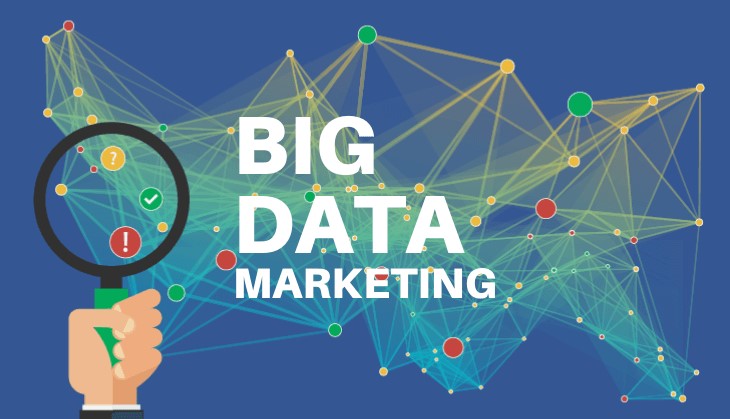In today’s digital age, big data analytics has become a critical tool for marketers to understand customer behavior and develop effective marketing campaigns. By analyzing large volumes of data from various sources, marketers can gain insights into customer preferences, purchasing habits, and engagement with marketing campaigns. This article explores the use of big data in marketing and its benefits for understanding customer behavior and developing better marketing campaigns.
What is Big Data in Marketing?
Big data in marketing refers to the large volumes of data generated by customer interactions with businesses. This data can come from a variety of sources, including social media, customer interactions, and website analytics. By analyzing this data, marketers can gain insights into customer behavior and develop more effective marketing campaigns.
How Can Marketers Leverage Big Data?
Personalization
Big data analytics can help marketers personalize their marketing campaigns to individual customers. By analyzing customer data, marketers can identify individual preferences and needs and develop targeted marketing campaigns that resonate with customers.
Campaign Optimization
Big data analytics can also help marketers optimize their marketing campaigns. By analyzing data from various sources, marketers can identify which campaigns are most effective and make changes to improve the performance of underperforming campaigns.
Customer Segmentation
Big data analytics can also be used to segment customers based on their behavior and preferences. By segmenting customers, marketers can develop targeted marketing campaigns that resonate with specific groups of customers.
Benefits of Big Data in Marketing
Better Customer Understanding
By leveraging big data analytics, marketers can gain a deeper understanding of customer behavior, preferences, and purchasing habits. This understanding can help marketers develop more effective marketing campaigns that resonate with customers.
Improved Campaign Performance
Big data analytics can help marketers optimize their marketing campaigns to improve performance and increase ROI.
Personalization
Big data analytics can help marketers personalize their marketing campaigns to individual customers, leading to improved customer engagement and increased loyalty.
Challenges of Big Data in Marketing
Data Quality
The quality of the data used for analysis can affect the accuracy of the insights generated. Marketers need to ensure that their data is accurate and reliable.
Privacy and Security
The use of big data analytics raises privacy and security concerns. Marketers need to ensure that they comply with relevant regulations and protect customer data.
Skill Gap
There is a shortage of professionals with the skills needed to work with big data analytics tools in the marketing industry. Marketers need to invest in training and development programs to bridge this skill gap.
Conclusion
Big data analytics has become a critical tool for marketers to understand customer behavior and develop effective marketing campaigns. While there are challenges associated with big data in marketing, these can be overcome with proper planning and investment. By leveraging big data analytics, marketers can gain a deeper understanding of customer behavior, improve campaign performance, and develop more personalized marketing campaigns.
FAQs
- What is big data in marketing? Big data in marketing refers to the large volumes of data generated by customer interactions with businesses. This data can come from a variety of sources, including social media, customer interactions, and website analytics.
- How can marketers leverage big data? Marketers can leverage big data for personalization, campaign optimization, and customer segmentation.
- What are the benefits of big data in marketing? The benefits of big data in marketing include better customer understanding, improved campaign performance, and personalization.
- What are the challenges of big data in marketing? The challenges of big data in marketing include data quality, privacy and security concerns, and a skill gap in professionals with the skills needed to work with big data analytics tools.
- How can marketers overcome the challenges of big data in marketing? Marketers can overcome the challenges of big data in marketing by investing in training and development programs, ensuring data quality, and complying with relevant regulations.
